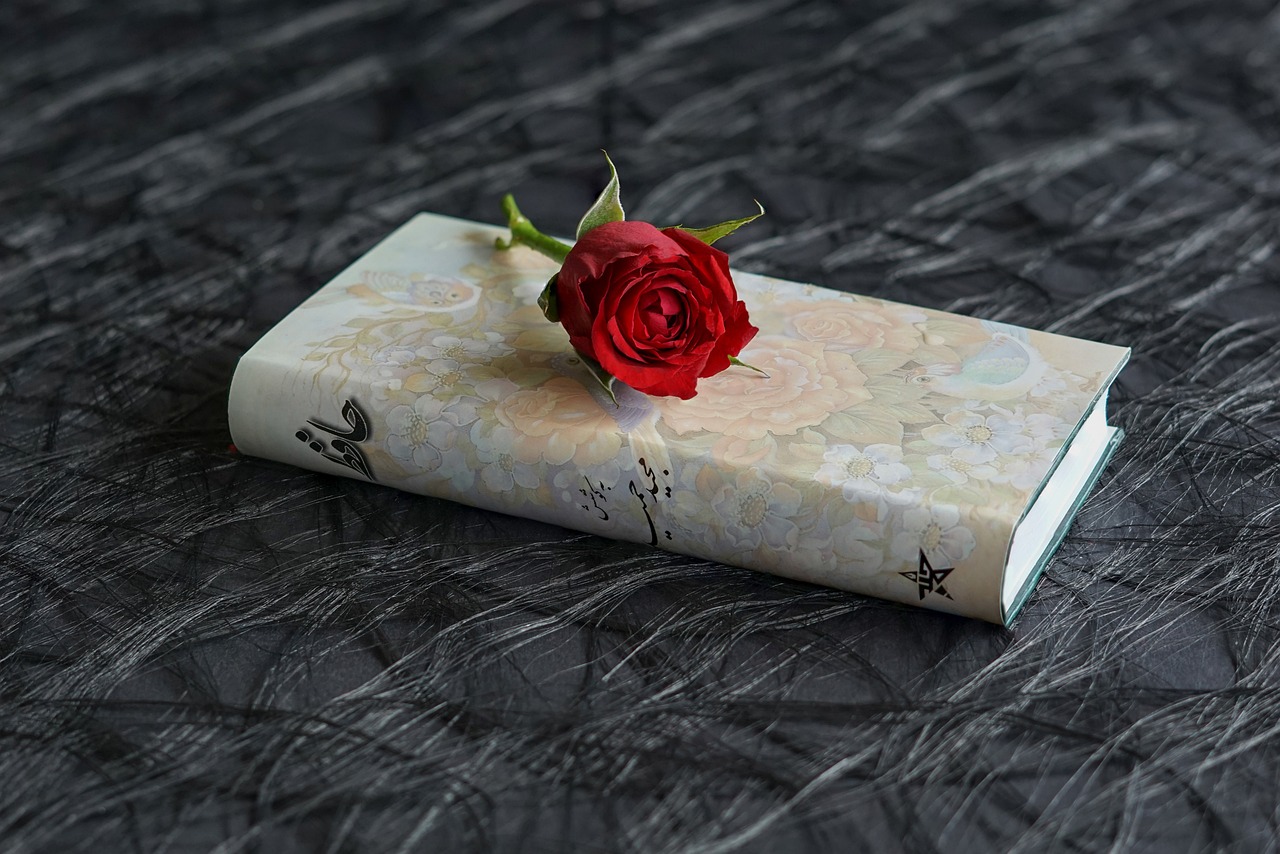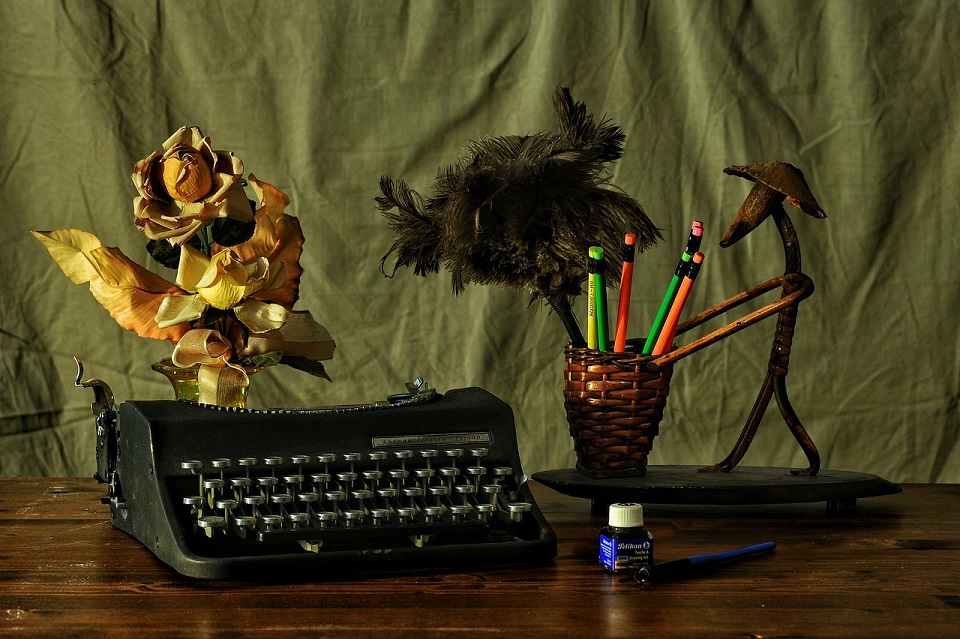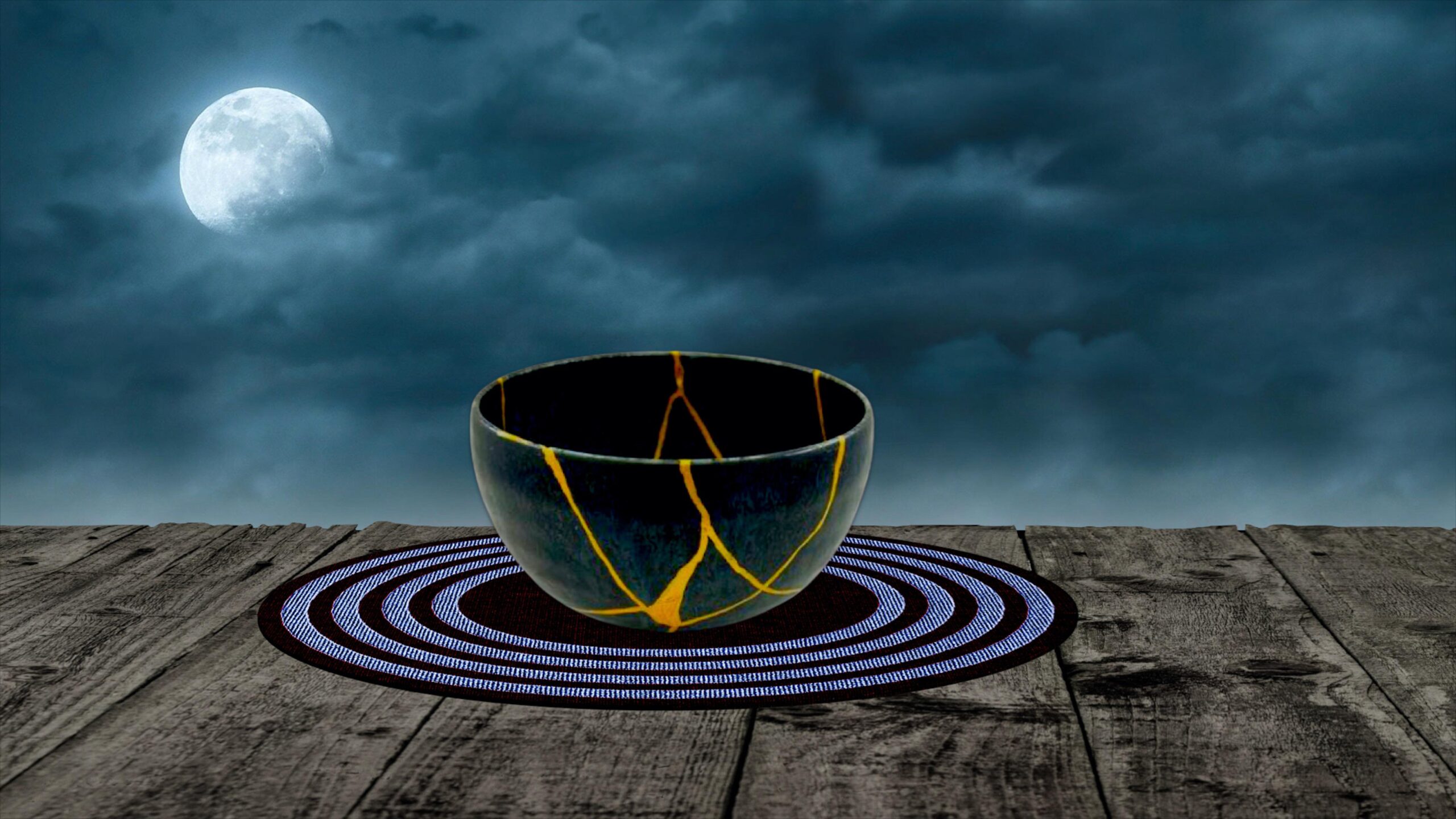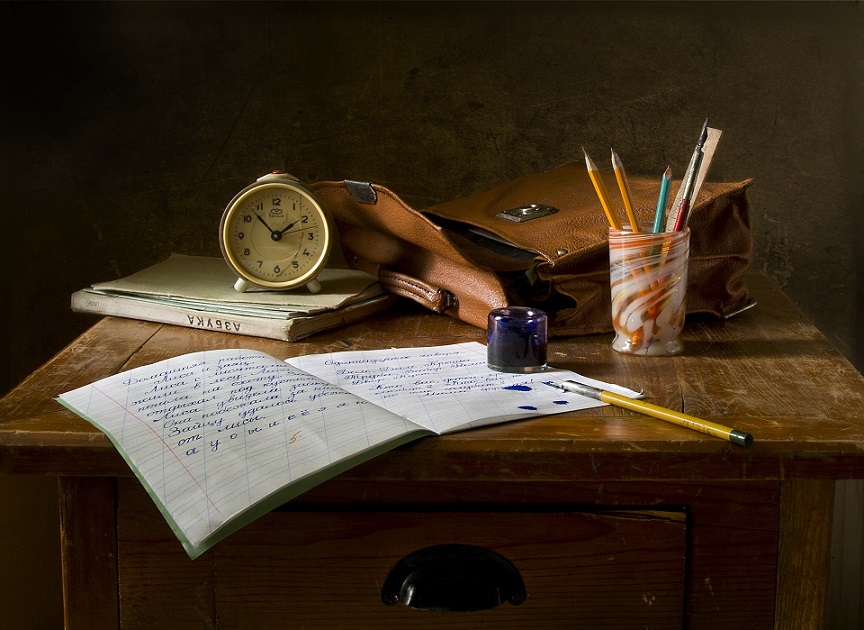At 100 years old, Maruja Vieira ‐ one of the most remarkable poets of Our America ‐ believes in human happiness, her country, Colombian women and women from the four corners of the world; she believes in youth, young poets of both sexes, defending the environment, peace and, of course, in the irrational virtues of poetry.
 José Luis Díaz- Granados
José Luis Díaz- Granados
Maruja was born in Manizales on 25 December 1922, the daughter of Joaquín Vieira Gaviria, a conservative, and Mercedes White Uribe, cousin of the liberal leader Rafael Uribe Uribe. She recalls that when she was very young, her older brother, Gilberto, gave her an Antonio Machado anthology as a present, and she was captivated by poetry for the rest of her life.
Years later, the family moved to Bogotá, where María (as she was originally called) began to write and publish her first verses in the supplements of the capital’s newspapers. When the Chilean poet Pablo Neruda visited Colombia in 1943, she showed him her cuttings and he told her, in admiration, “In Chile, we call Marías ‘Maruca’. What do they call them here?” “Maruja”, she answered. “Well from now on” the Residence on Earth author solemnly told her, “You’ll be called Maruja: Maruja Vieira”.
 She published her first book, “Campanario de lluvia”, In 1947, followed by Los poemas de enero, Poesía, Palabras de la ausencia, Clave mínima, Mis propias palabras, Todo lo que era mío and Tiempo de la memoria, to name but a few.
She published her first book, “Campanario de lluvia”, In 1947, followed by Los poemas de enero, Poesía, Palabras de la ausencia, Clave mínima, Mis propias palabras, Todo lo que era mío and Tiempo de la memoria, to name but a few.
The following year, she joined the Los Cuadernícolas group, so named by the critic Hernando Téllez, because the young bards presented their work in small notebooks or “plaquettes”. As well as Maruja – the only woman in the group – the other members included Fernando Charry Lara, Rogelio Echavarría, Fernando Arbeláez, Jorge Gaitán Durán, Álvaro Mutis, Guillermo Payán-Archer, Carlos Medellín and Daniel Arango, among others. They met at the Café Automático, El Windsor and El Molino, with poets of previous generations, such as León de Greiff, Luis Vidales, Jorge Zalamea, Juan Lozano y Lozano (Los Nuevos) and Jorge Rojas, Eduardo Carranza and Arturo Camacho Ramírez (Piedra y Cielo).
Between 1950 and 1955, Maruja Vieira lived in Venezuela, where she worked on radio programmes dedicated to culture in Caracas. There she became friends with Alejo Carpentier, Antonia Palacios, exiled Spanish poet Antonio Aparicio and Colombians Jaime Tello and Hernando Vega Escobar.
 On her return to Colombia, she settled with her mother in Popayán, the “Ciudad Remanso”, which is the title of one of her most important books. In Popayán she initially lived in “Belalcázar”, the famous country house of the “maestro”: Guillermo Valencia. She later founded a bookshop named after the Parnassian poet and enjoyed a beautiful friendship with the humanist Baldomero Sanín Cano, as well as with Álvaro Pío Valencia, Guillermo’s son, and one of the country’s most prominent Marxist thinkers.
On her return to Colombia, she settled with her mother in Popayán, the “Ciudad Remanso”, which is the title of one of her most important books. In Popayán she initially lived in “Belalcázar”, the famous country house of the “maestro”: Guillermo Valencia. She later founded a bookshop named after the Parnassian poet and enjoyed a beautiful friendship with the humanist Baldomero Sanín Cano, as well as with Álvaro Pío Valencia, Guillermo’s son, and one of the country’s most prominent Marxist thinkers.
At the end of the 1950s, she met the poet José María Vivas Balcázar, whom she married in September 1959. On 15 May 1960, Vivas died suddenly at the age of 42, and three months later Ana Mercedes, the fruit of their everlasting love, was born in Cali.
Back in Bogotá, now living with her daughter, Maruja Vieira held important positions in cultural institutions as well as being a professor of social communication in several universities. Maruja was never one for the honours and trappings of power; she always tried to stay away from people in power and palace parties, her temperament tending towards a low profile and discretion.
 Nevertheless, she received countless awards and recognition for her excellent literary work. The composer Lisandro Varela composed a bambuco piece for her, entitled Maruja Vieira. Since 1991, she has been a corresponding member of the Colombian Academy of Language and a full member of the Royal Spanish Academy. In 1997, on the 50th anniversary of the publication of her first book, Campanario de lluvia, the Instituto Caldense de Cultura produced a commemorative edition of this work.
Nevertheless, she received countless awards and recognition for her excellent literary work. The composer Lisandro Varela composed a bambuco piece for her, entitled Maruja Vieira. Since 1991, she has been a corresponding member of the Colombian Academy of Language and a full member of the Royal Spanish Academy. In 1997, on the 50th anniversary of the publication of her first book, Campanario de lluvia, the Instituto Caldense de Cultura produced a commemorative edition of this work.
In 1989, the President of Chile, Ricardo Lagos Escobar, awarded her the Gabriela Mistral Order, in the highest degree, and in 2012, the Ministry of Culture awarded her the Life and Work Award, the highest official recognition granted in Colombia. PL
(Translated by Rebecca Ndhlovu) – Photos: Pixabay












.jpg)












